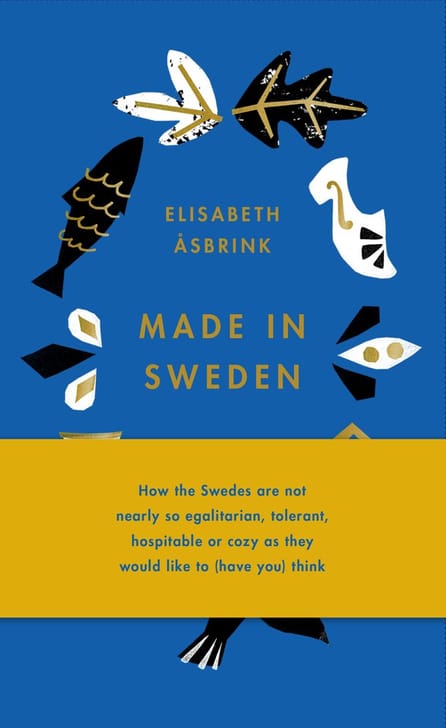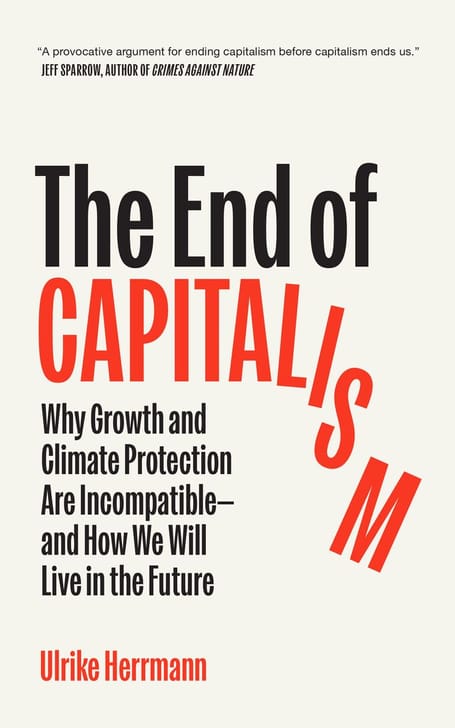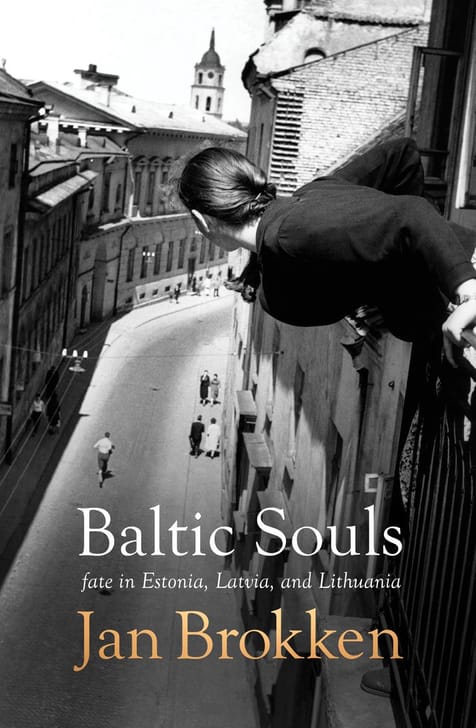
Made in Sweden:
how the Swedes are not nearly so egalitarian, tolerant, hospitable or cozy as they would like to (have you) think
Made in Sweden:
how the Swedes are not nearly so egalitarian, tolerant, hospitable or cozy as they would like to (have you) think
Overview
What are the real Swedish Values? Who is the real Swedish Model? Is Sweden all that?
In recent times, we have come to favor all things Scandinavian—their food, furnishings, fiction, fashion, and general way of life. We seem to regard the Swedes and their neighbors as altogether more sophisticated, admirable, and evolved than us. But what if Sweden has in fact never been as moderate, egalitarian, dignified, or tolerant as it would like to (have us) think?
The recent rise to political prominence of an openly neo-Nazi party has begun to crack the illusion, and here now is Swede Elisabeth Åsbrink, who loves her country “but not blindly,” presenting twenty-five of her nation’s key words and icons afresh. “There is,” she writes, “a dark side to Utopia.” As she did in her acclaimed 1947, she creates a collage that helps us not only see a more complex and problematic society, but also illustrates how national identity is constructed as much by what (or who) is excluded as what (or who) is included.
Details
- Format
- Size
- Extent
- ISBN
- RRP
- Pub date
- Hardback
- 5.1in x 7.8in
- 160 pages
- 9781947534841
- USD$16.00
- 1 October 2019
Praise
“Elisabeth Åsbrink takes us on a brilliant voyage of discovery to the history of ideas in Sweden.”
“Challenging and stimulating on Swedish words…In common with Orwell she condemns chauvinism, but leaves room for patriotism, as love for a specific place, or language, matters as such one would not want to force upon others.”
About the Author
Elisabeth Åsbrink is a journalist and author. Her parents were Hungarian and English, and she was born and raised in, and now lives in, Sweden. Her previous books have won the August Prize, the Danish-Swedish Cultural Fund Prize, and Poland's Kapuscinski Prize. 1947 (the first of her books to be published in English, by Scribe in 2017) won the prestigious Letterstedt Prize, was translated into 19 languages, and was published in the UK, Australia, the USA, Italy, France, Germany, Spain, Brazil, South Korea, Poland, Denmark, Finland, and Norway, among others. Her latest book is Made in Sweden.










